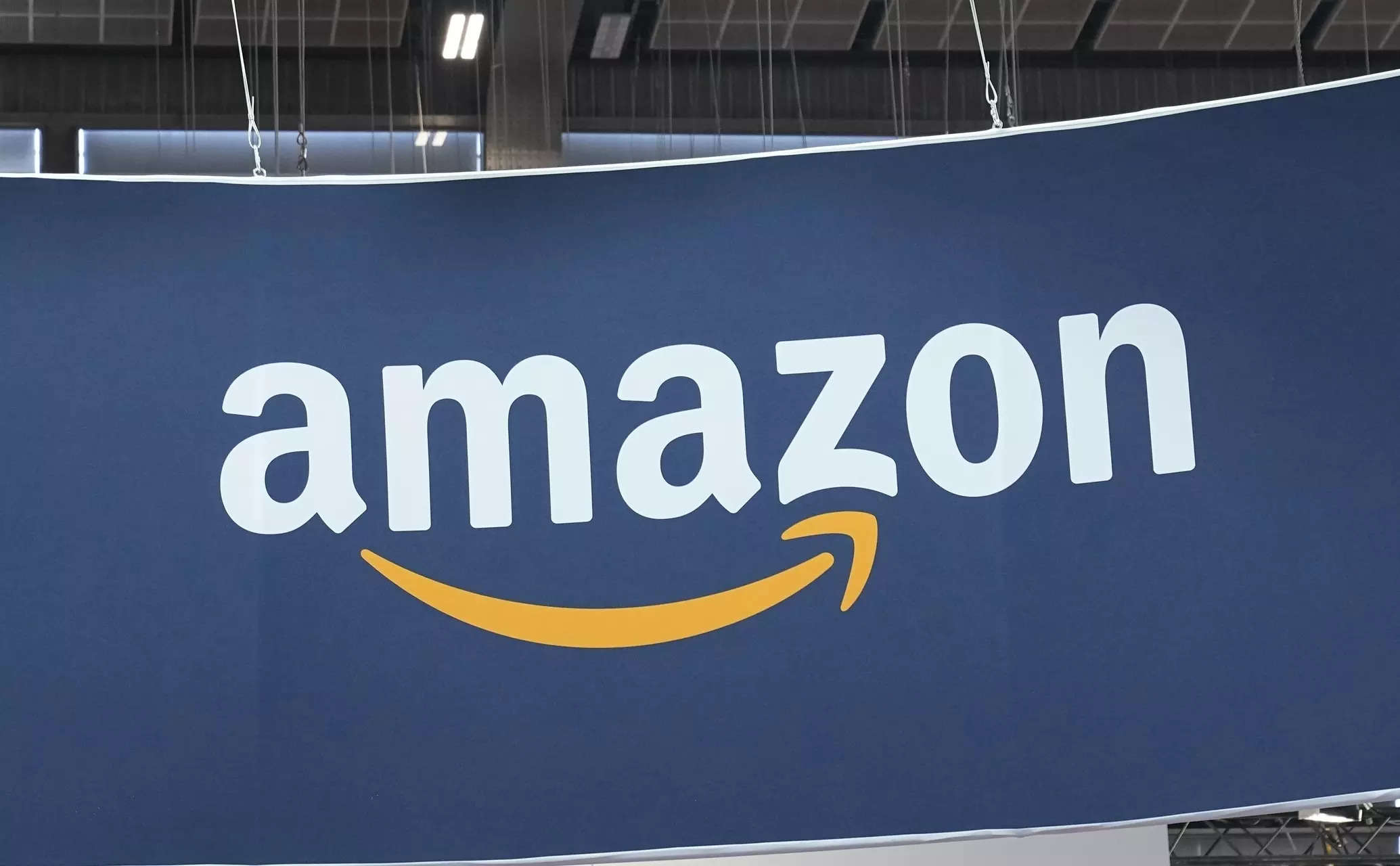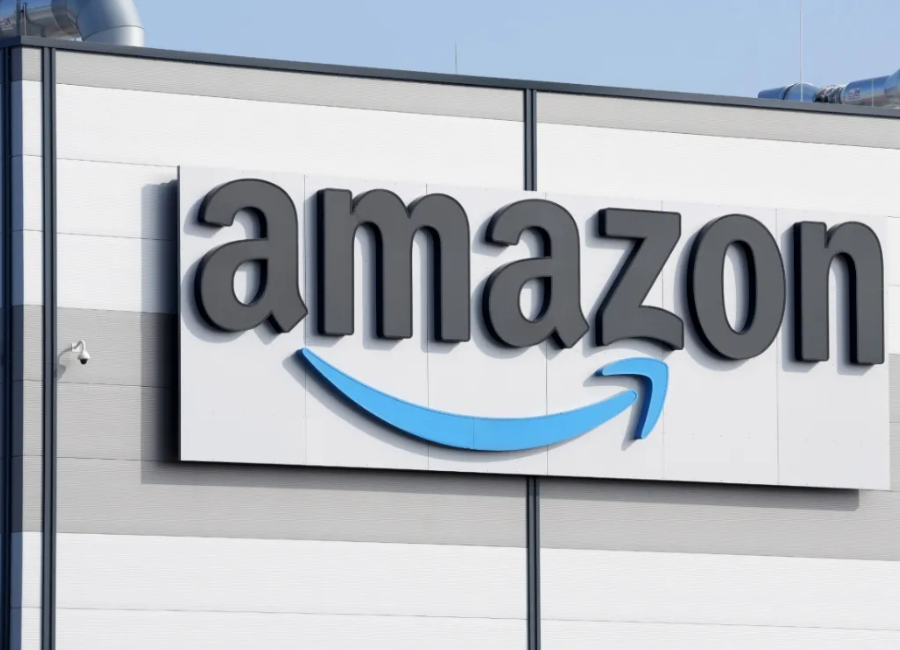Amazon.com Inc. is pushing back against the antitrust lawsuit filed by the US Federal Trade Commission (FTC), claiming that the case lacks substantial evidence and relies on anecdotal accounts from a small number of online merchants. In a motion filed on Friday, Amazon’s lawyers argued for the dismissal of the complaint, asserting that the FTC has failed to demonstrate that the e-commerce giant’s practices have harmed consumers.
At the heart of the motion is a challenge to the FTC’s central claim that Amazon’s actions lead to higher prices on rival websites. The agency contends that Amazon’s dominance, representing over one-third of online spending in the US, forces online brands and merchants to avoid offering lower prices on other platforms. According to the FTC, these businesses fear reprisals from Amazon, such as reduced visibility for their products on the e-commerce giant’s platform.
Amazon’s attorney, Heidi Hubbard, argued in the motion that the FTC’s complaint lacks specificity, as it does not identify a single product or category where prices have increased due to the alleged anticompetitive conduct. Hubbard criticized the assumption made by the FTC that Amazon’s efforts to maintain low featured prices on its platform somehow lead to higher consumer prices throughout the entire economy. She described this assumption as implausible and illogical.

In September, the FTC filed a lawsuit against Amazon, accusing the company of monopolizing online marketplace services. The agency alleged that Amazon’s practices resulted in a degradation of quality for shoppers and overcharging of sellers. This legal action is part of a broader regulatory effort targeting the market power of major technology companies.
The FTC’s case against Amazon, officially known as FTC v. Amazon, 23-cv-1495, is currently in the US District Court for the Western District of Washington in Seattle.
The motion to dismiss underscores Amazon’s contention that the FTC has not presented concrete evidence linking the company’s actions to negative outcomes for consumers or competitors. The e-commerce giant is challenging the narrative that its dominant position in the market leads to anticompetitive behavior and higher prices.
In response to the motion, the FTC is expected to present its arguments, defending the merits of the case against Amazon. The outcome of this legal battle could have significant implications for the broader regulatory landscape surrounding big technology companies and their market practices.
Critics of major tech platforms, including Amazon, argue that their market dominance stifles competition, limits consumer choice, and potentially leads to higher prices. Regulatory authorities, such as the FTC, are increasingly scrutinizing these companies to ensure fair competition and protect consumers from potential anticompetitive practices.
As the legal proceedings unfold, the case against Amazon will likely shape the ongoing debate about the regulation of big tech and the appropriate measures to address concerns related to market concentration, competition, and consumer welfare. The outcome may set a precedent for how antitrust laws are applied to major technology companies in the future.









